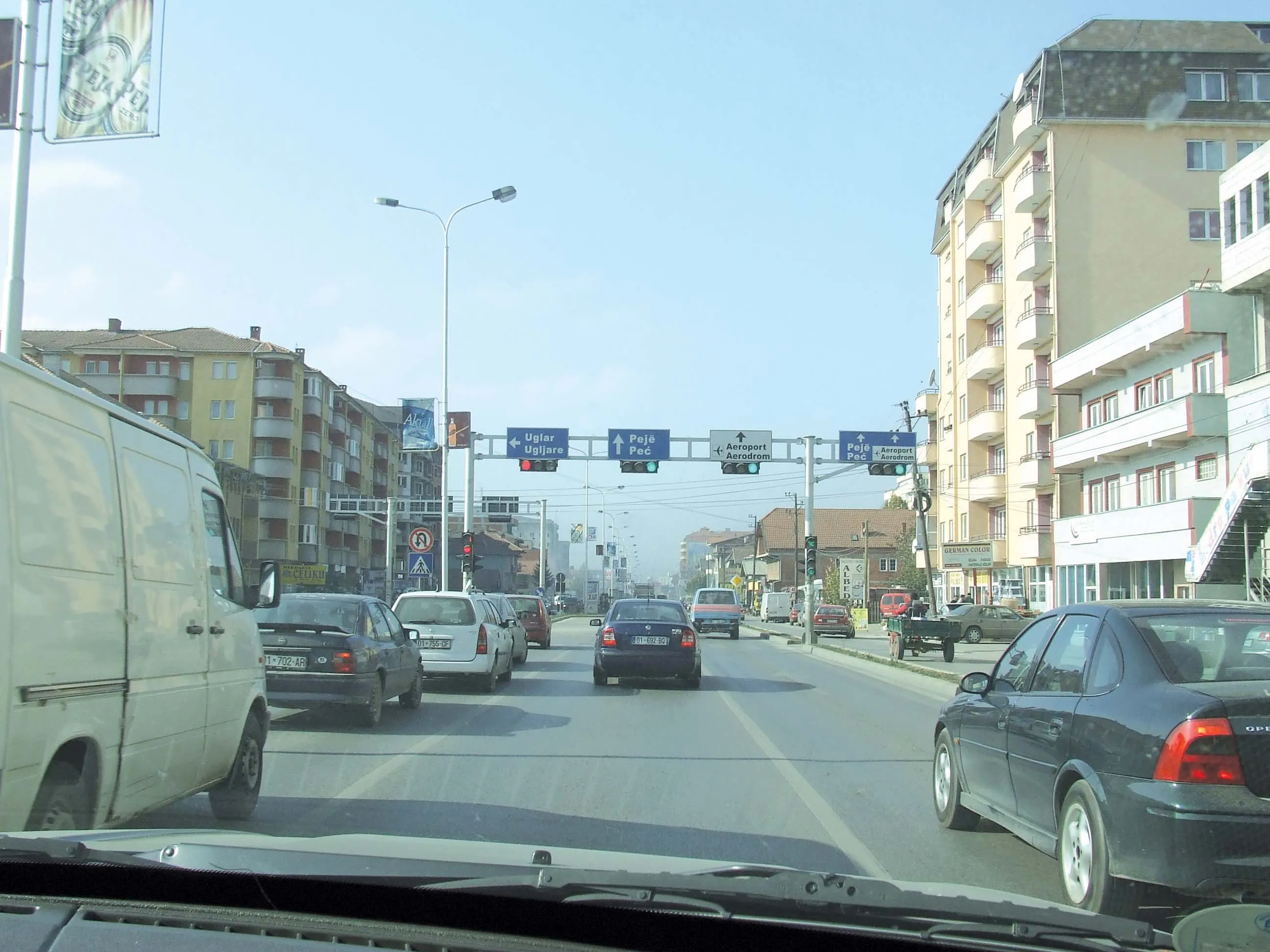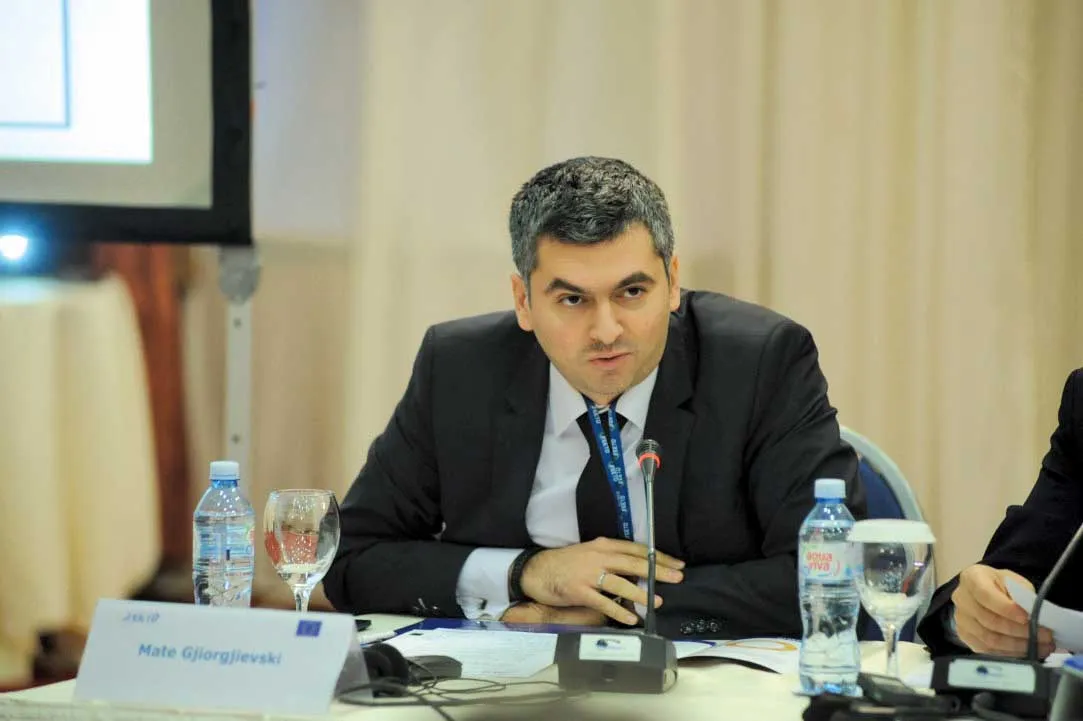A €10 million contract from the European Commission will form the basis of work to strengthen essential infrastructure development across the Western Balkans. A consortium led by Mott MacDonald, and including WYG and WS Atkins has been awarded this contract to carry out the engineering consultancy work required for the infrastructure expansion. This is an extension to an earlier contract awarded last year to provide technical assistance as part of the Infrastructure Projects' Facility (IPF) of the Western B
December 5, 2013
Read time: 2 mins

A €10 million contract from the 2465 European Commission will form the basis of work to strengthen essential infrastructure development across the Western Balkans. A consortium led by 2579 Mott MacDonald, and including 6076 WYG and WS 3005 Atkins has been awarded this contract to carry out the engineering consultancy work required for the infrastructure expansion. This is an extension to an earlier contract awarded last year to provide technical assistance as part of the Infrastructure Projects' Facility (IPF) of the Western Balkans Investment Framework (WBIF). The IPF prepares priority infrastructure projects in Albania, Bosnia and Herzegovina, Croatia, Macedonia, Montenegro, Serbia and Kosovo. The WBIF also includes a special support programme for Iceland. This new contract extension will see the consortium continue its consultancy work until 2018.
The WBIF programme is intended to develop essential infrastructure in the region across four target sectors – transport, energy, environment and social infrastructure. So far the consortium has enabled €280 million in grants. Since the programme started in December 2009, more than €2.2 billion of loans have been allocated to 140 approved projects, with more than €13 billion potentially available for investment. Projects that have received funding so far with the consortium’s technical support include: a toll collection system in the Republic of Srpska, Bosnia and Herzogovina which will provide funding for the operation and maintenance of the highways.
The WBIF programme is intended to develop essential infrastructure in the region across four target sectors – transport, energy, environment and social infrastructure. So far the consortium has enabled €280 million in grants. Since the programme started in December 2009, more than €2.2 billion of loans have been allocated to 140 approved projects, with more than €13 billion potentially available for investment. Projects that have received funding so far with the consortium’s technical support include: a toll collection system in the Republic of Srpska, Bosnia and Herzogovina which will provide funding for the operation and maintenance of the highways.








